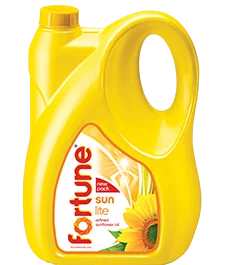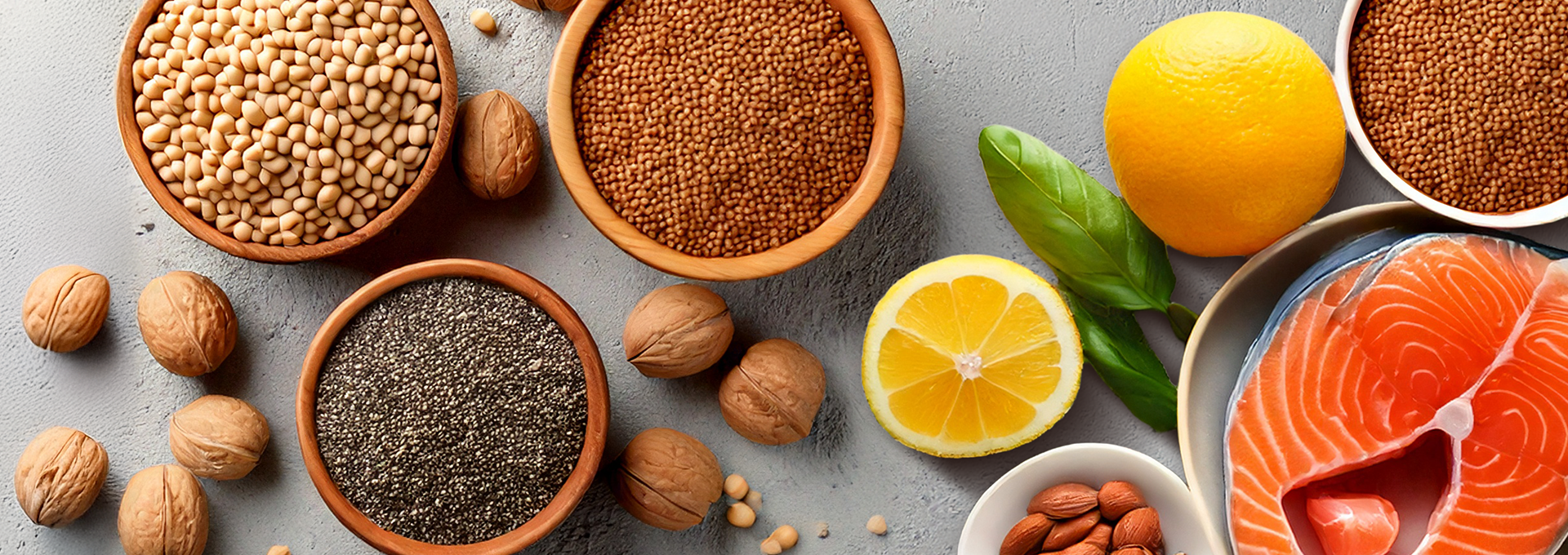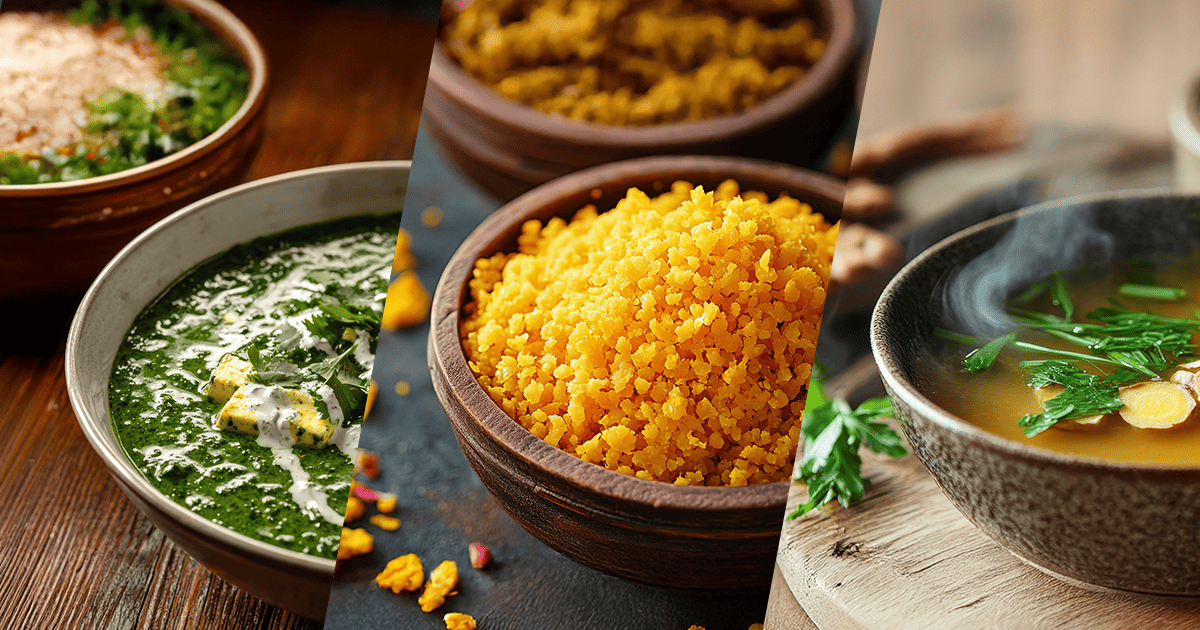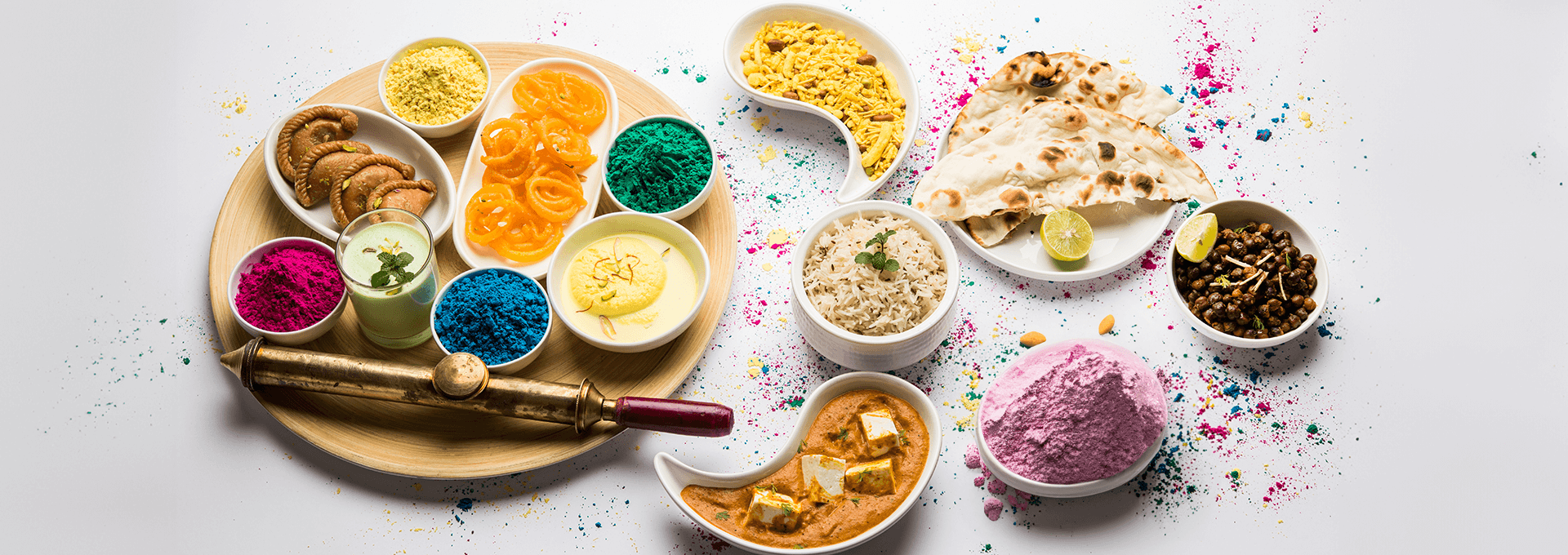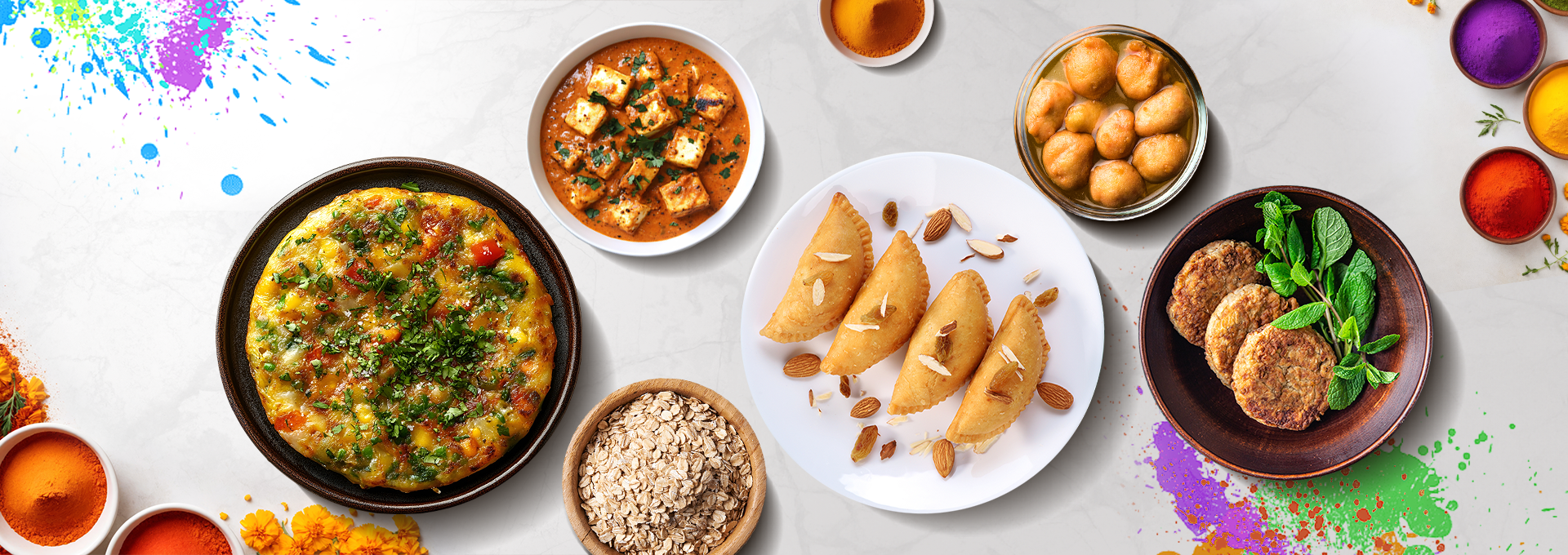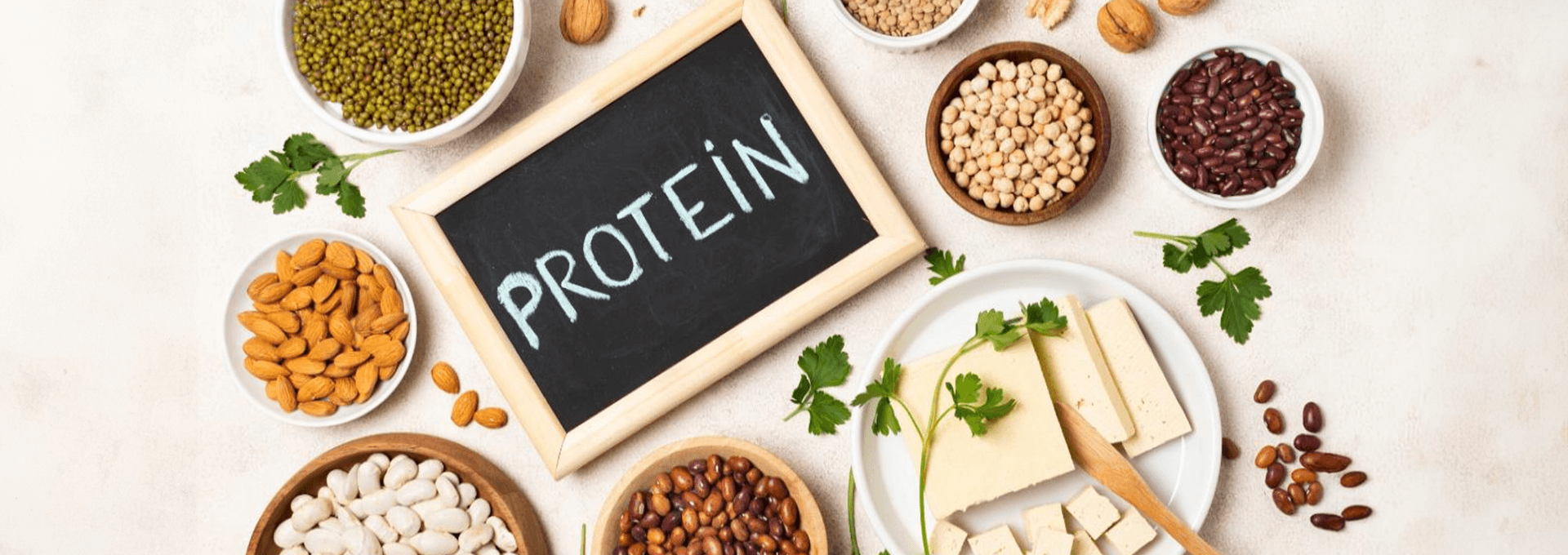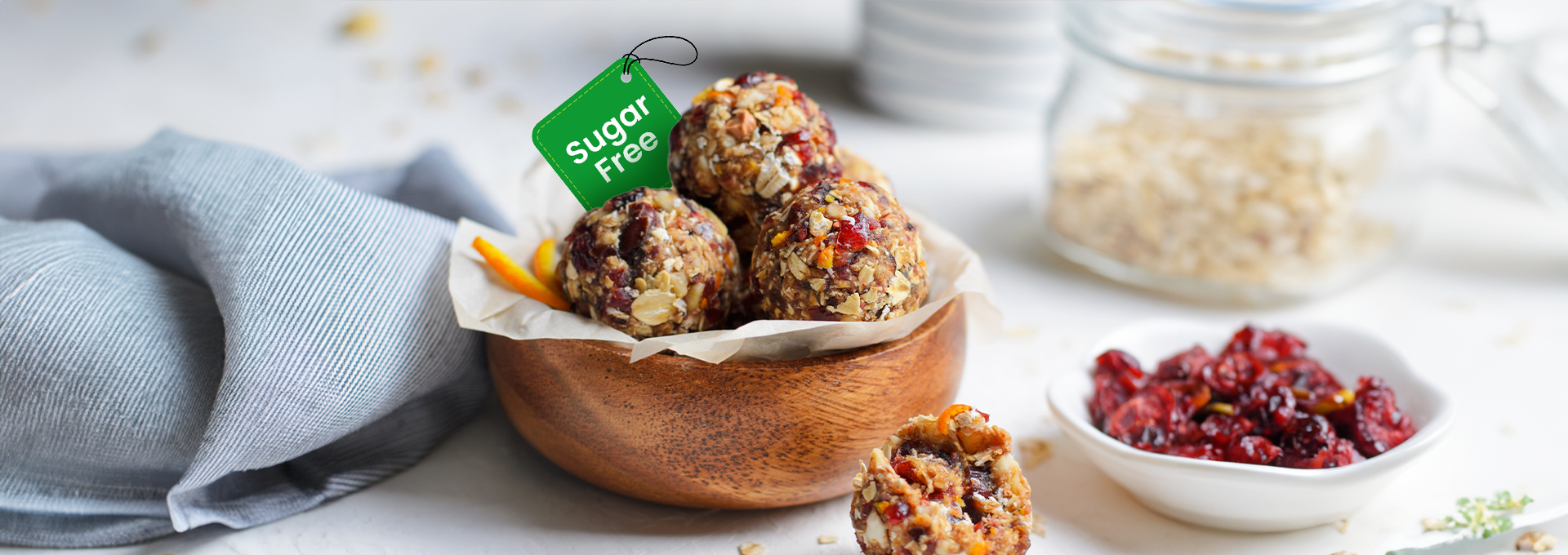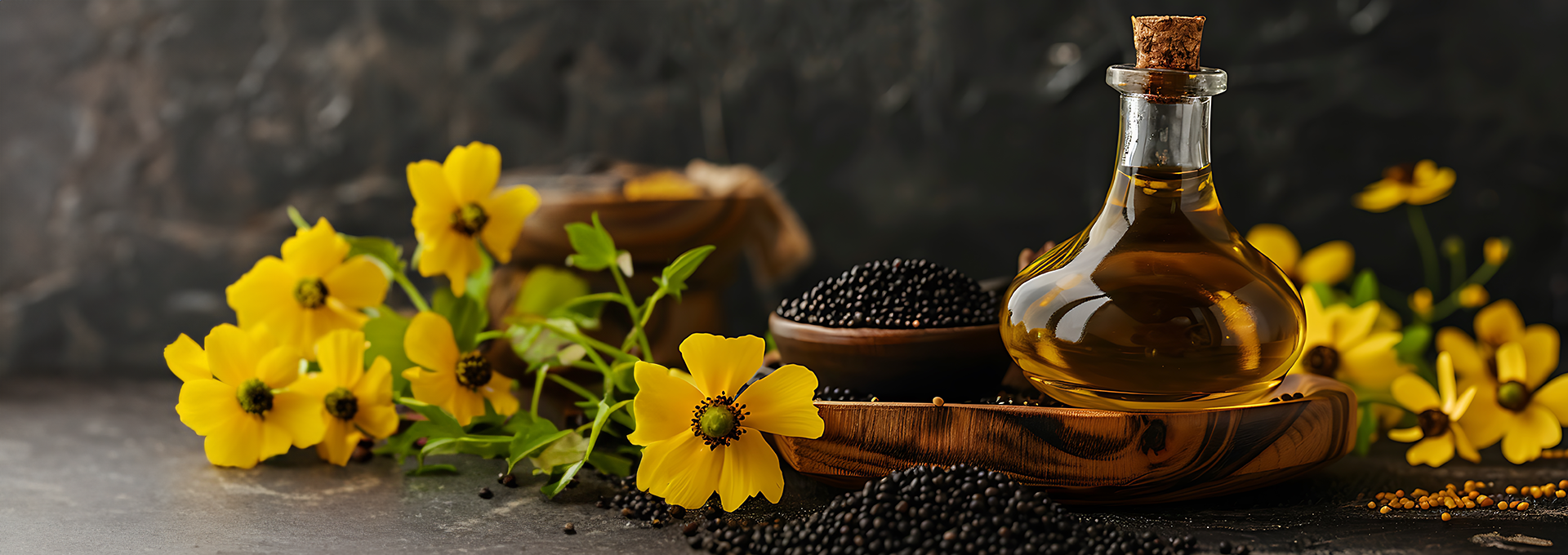
The Essential Mustard Oil Handbook
Discover the Benefits of Mustard Oil: Guide to a Healthy Life
Mustard oil is a household name in India. This golden liquid has been a kitchen superstar for centuries. From drizzling it over a salad to frying your favourite dish with it, there are numerous uses and benefits of mustard oil.
The advantages of consuming mustard oil are not limited to just being a kitchen ingredient. It has history, tradition and some amazing health benefits. From heart health to skin health, mustard oil’s advantages are as many as its dishes.
In this article, we will cover everything about mustard oil. You will get to know its importance in different cultures, its benefits, its varieties and its usage in various cooking methods. Whether you have been using mustard oil for years or wondering what’s so special about it, you’re at the right place to uncover it all.
Nutritional Value of Mustard Seeds
Mustard seeds are tiny but packed with nutrients, making mustard oil a superfood. They can be your daily dose of micronutrients, boosting your immunity. Let’s break down what makes these little seeds so special:
Essential Fatty Acids
One of the best things about mustard seeds is their high content of essential fatty acids, mainly omega-3 and omega-6. These fatty acids are great for heart health, reducing inflammation and overall wellness. That’s why mustard oil is so loved and people savour the benefits of mustard seed oil worldwide. Whether you use mustard oil for cooking or in your skincare routine, these fatty acids do all the work.
Different ways these fatty acids boost overall health:
- Improves blood circulation
- Supports healthy functioning of the brain
- Aids in joint health
- Used in both cooking and skincare routine
Vitamins and minerals
Mustard seeds are also rich in vitamins and minerals, including Vitamin E, calcium, magnesium and zinc. These are good for strong bones, healthy skin and a strong immune system. The nutritional value of mustard seeds shows up beautifully in mustard oil, making it a fantastic addition to your diet.
Here is how these vitamins and minerals present in mustard oil ensure a healthy body and mind:
- Enhance skin texture and elasticity
- Boost metabolism
- Supports reproductive health
Antioxidants
Along with essential fatty acids, vitamins and minerals, mustard seeds are also rich in antioxidants that help protect your body from oxidative stress and free radicals. This is good for overall health and adds to the benefits of mustard seed oil, especially for skin health and anti-ageing.
Let’s look at how these antioxidants add to the various benefits of mustard oil:
- Promotes detoxification
- Improves skin tone
- Anti-ageing benefits
Types of Mustard Oil
Do you know that mustard oil is manufactured in different ways, and the product process can define its properties and flavour?
The intoxicating pungent oil can be mellow as well as strong depending on how it is extracted and processed. Here’s a quick rundown of the types of mustard oil to choose the right one for you.
Refined vs. cold-pressed
The process of mustard oil extraction has a pivotal role as it affects its quality. Refined mustard oil is processed with heat and chemicals that can strip away some of the nutrients. On the contrary, cold-pressed mustard oil is extracted mechanically, preserving the seeds’ natural goodness. If you want to get the maximum benefits of cooking in oil, cold-pressed is the way to go.
Organic vs. conventional
Another factor to consider is whether it is organic or conventional. Organic mustard oil is made from seeds that are grown without synthetic pesticides or fertilisers. This is cleaner and more environment-friendly and some would say healthier too. Whether you choose organic or conventional, you can still enjoy the benefits of mustard oil.
Good and pure mustard oil will have a deep yellow colour and strong sarso aroma (more of a pungent smell). If you are curious, cold-pressed or ‘Kachhi Ghani’, mustard oil is enriched with natural goodness and keeps you healthy.
Production Process
As discussed previously, mustard oil is excellent for flavour and health, but a lot depends on how it’s made. The production methods can vary greatly; each one has its own unique characteristics. Let’s dive into how mustard oil is made and what’s unique about the different methods.
Traditional Methods
When it comes to mustard oil, the old ways are still popular and widely used in Indian homes. Traditional methods have been around for decades, focusing on preserving the oil’s natural goodness. These methods are about getting the best out of the mustard seeds without losing their nutritional value and essence.
First Pressed
In the heart of mustard oil production lies a time-honoured tradition: the first press. Often extracted with the help of wooden kolhus, First Press Mustard Oil is considered the purest form of the oil with only First 20% of the Mustard Seeds Extracts. The seeds are first cleaned to remove impurities, ground to a fine paste using traditional stone grinders and then placed in the wooden kolhu, where it is pressed slowly and steadily. Once the oil is filtered to remove any remaining solids or impurities, you’re left with a mustard oil that retains the natural aroma, flavour, and nutrients of the mustard seeds.
Cold Pressing
Cold pressing is a conventional method of making mustard oil. This method involves pressing the mustard seeds at low temperatures so the oil retains its full flavour and nutrients. The result? A rich, flavourful oil with all the benefits of mustard seed oil.
-
Pros:
- Preserves most nutrients.
- Natural flavour.
- Eco-friendly with low energy use
-
Cons:
- Lower yield, so it can be more expensive.
- Shorter shelf life.
- Slower process.
Expeller Pressing
Another traditional method, expeller pressing, uses a mechanical press to extract the oil. It’s more intense than cold pressing and uses more pressure and heat without reducing the oil’s natural flavour and nutrients, making it a good option for cooking mustard oil.
-
Pros:
- Higher yield than cold pressing.
- Balanced in flavour and nutrients.
- More cost effective.
-
Cons:
- Some nutrient loss due to heat.
- The flavour is slightly less intense.
Modern Methods
As times change, so do the methods of making mustard oil. Modern methods are mostly about efficiency and getting the most oil out of each seed. While these methods may alter the essence of the oil, they’re necessary for large-scale production.
Solvent Extraction
This method uses chemical solvents to extract the oil from the seeds. It’s highly efficient and yields more oil. But, it can strip away some of the natural goodness, affecting the benefits when cooking with mustard oil.
-
Pros:
- Highest yield, so most affordable.
- Longer shelf life for mass production.
- Fast and efficient.
-
Cons:
- Chemical residues might be left behind.
- Natural flavour and nutrients are reduced.
- May need further refining for safety.
Refining
Refining involves cleaning and filtering the oil after solvent extraction. It removes impurities and gives the oil a clear look and a longer shelf life. But it can also remove some of the nutritional value of the mustard seeds. Refined mustard oil is often used for high-heat cooking and for dishes where a neutral flavour is required.
-
Pros:
- Clear appearance.
- Neutral flavour for many recipes.
- Longer shelf life.
-
Cons:
- Nutrients reduced.
- Some mustard flavour is lost.
- Chemicals used in refining.
Impact on Quality
Though modern techniques have their effectiveness reflected in the quality of mustard oil, they are not entirely helpful. Some of the solvents and techniques used in the refining process may lead to the reduction of some of the natural nutrients and flavours in mustard oil.
This indicates that although you may produce a lot of oil from these techniques, you could be losing on the health benefits associated with mustard seed oil and the quality of the oil. The end product may be less nutrient-dense and have a similar or slightly low flavour and taste as compared to traditional mustard oil production.
Comparison Table of Traditional & Modern Production Methods
There are considerable differences in the quality of mustard oil extracted using traditional and conventional methods. Here’s a quick comparison to help you understand how these methods differ:
| Aspect | Traditional Methods (Cold/Expeller Pressing) | Modern Methods (Solvent Extraction/Refining) |
| Nutrient Retention | High | Moderate to Low |
| Flavour | Strong, authentic | Neutral to mild |
| Yield | Lower | Higher |
| Cost | Higher | Lower |
| Environmental Impact | Lower | Higher due to chemicals and energy use |
| Shelf Life | Shorter | Longer |
Both methods have their own pros and cons. Mustard oil, no matter how it is produced, offers unique health benefits of mustard seed oil. Traditional methods preserve natural compounds, while modern techniques ensure a longer shelf life. Choose the oil that aligns with your dietary needs and culinary preferences.
Health Benefits of Mustard Oil
Mustard oil is not just a kitchen essential; it’s a health powerhouse. From heart to skin, it has something for everyone. Let’s see how mustard oil can benefit you and your family.
Heart Health
Mustard oil has an incredible effect on heart health. It’s rich in heart-healthy fats like monounsaturated and polyunsaturated fats. These fats are necessary for maintaining a healthy cholesterol balance in the body.
Here’s how it affects heart health:
- Balances cholesterol: Mustard oil reduces bad cholesterol (LDL-Low Density Lipoprotein) and increases good cholesterol (HDL-High Density Lipoprotein), which is necessary to prevent heart diseases.
- Lowers blood pressure: Magnesium in mustard oil helps relax blood vessels and lower blood pressure.
- Boosts circulation: Mustard oil improves blood flow and reduces clotting, promoting overall heart health.
Skin and Hair Care
Mustard oil is a beauty secret passed down through the ages, especially in Indian households. Rich in Vitamin E and natural antibacterial properties, mustard oil is a great addition to your skin and hair care routine:
- Deeply moisturises: Mustard oil moisturises your skin and scalp, leaving them soft and nourished.
- Promotes hair growth: Regular use of mustard oil strengthens hair roots, reduces hair fall and promotes thicker hair.
- Fights infections: Antibacterial properties of mustard oil help in treating minor skin infections and keep your skin clear.
Digestion and Metabolism
Including mustard oil in your diet can benefit your digestive system and metabolism:
- Improves digestion: Mustard oil stimulates the production of digestive juices, which makes it easy for your body to break down food and absorb nutrients.
- Boosts metabolism: Regular consumption of mustard oil can increase your metabolic rate and burn calories faster. This helps in weight management.
- Prevents constipation: As a mild laxative, mustard oil can help prevent constipation and keep your digestive system regular.
Other Potential Benefits
Mustard oil has a few more tricks up its sleeve. It’s been used traditionally as a natural remedy for colds and coughs and:
- Relieves joint pain: Mustard oil is used in massages to ease joint pain and stiffness, especially for arthritis.
- Clears nasal passages: Inhaling mustard oil steam can clear your sinuses and relieve cold symptoms.
- Boosts immunity: Antioxidants in mustard oil can strengthen your immune system and keep you healthy.
Cooking with Mustard Oil
Cooking with mustard oil is a whole new adventure if you want to add a unique flavour to your dishes. This oil is versatile and has a high smoke point, so it’s perfect for many cooking methods.
Let’s find out the benefits of cooking in mustard oil:
Smoking Point and Ideal Cooking Applications
Mustard oil has a high smoke point of 250°C (482°F), so it’s perfect for deep frying, sauteing and stir-frying. A high smoke point means it doesn’t break down easily at high temperatures, so the nutrients are preserved, adding a rich, smoky flavour to your food.
-
Ideal Cooking Methods:
- Deep Frying: Perfect for pakoras and samosas, as well as frying fish, mustard oil gives a crispy texture and extra flavour.
- Sauteing Vegetables: Stir fry your favourite veggies in mustard oil for a quick and flavourful side dish that’s nutritious.
- Marination: Use mustard oil as a marinade or for basting meats and veggies before grilling or roasting to get a golden crust.
- Tadka (Tempering): Add a rich and aromatic ‘Tadka’ to your dals and curries with a mix of spices tempered in mustard oil.
- Pickling: The pungent flavour of the oil will also add a unique flavour profile to Indian pickles and has a relatively long shelf life, making it perfect for pickling your favourite vegetables.
Popular Mustard Oil Dishes
Mustard oil is a mainstay in many traditional Indian recipes as it adds depth to the flavours. Here are some popular recipes that get their rich flavour profile from mustard oil:
-
Making Traditional Recipes
- Flavourful Curries: Mustard oil’s strong and spicy flavour is perfect for curry bases, especially the infamous Bengali fish curry. Pehli Dhaar Mustard Oil adds a distinct flavour to the curry and enriches the natural flavours of the fish and spices. Pair this with fluffy rotis or ghee rice to complement the fish curry perfectly.
- Tadka: The sizzling sound of ‘Tadka’ is typical in many Indian kitchens. Heat the mustard oil until it smokes, then add cumin seeds, mustard seeds and curry leaves. This quick tadka adds aroma to dals and sabzis.
- Achaar (Pickles): Mustard oil is the go-to for preserving and flavouring homemade pickles. Good mustard oil will ensure your pickles have that authentic, long-lasting taste. You can serve up this mustard oil pickle with rice, rotis or stuffed paratha.
- Chutneys and Sauces: Blend chutneys with mustard oil for a twist. Pehli Dhaar Mustard Oil is sharp enough to cut through tangy ingredients like tamarind or tomatoes and pairs well with various Indian snacks.
-
Frying with Mustard Oil
- Crispy Pakoras: Mustard Oil’s high smoke point makes it perfect for deep-frying pakoras. Make the pakoras extra crispy by using Besan in your marinade, fry them in mustard oil for a unique flavour and serve them hot with spicy chutneys.
- Samosas and Kachoris: Frying Indian snacks in Mustard oil can add a distinct flavour profile for those who crave a nutty taste to their food and can add an extra layer of flavour.
- Fried Fish: A coastal favourite, fried fish tastes better when cooked in mustard oil. The heat and flavour of Pehli Dhaar Mustard Oil penetrates the fish, making it crispy outside and tender inside. Pair with classic dishes like the simple steamed rice, pulao, or jeera rice for a complete meal.
- Vegetable Stir-Fry: Mustard oil brings out the natural flavours of vegetables; it’s perfect for quick stir-fried dishes.
Mustard Oil in Pickling and Preserving
Mustard oil is not just for cooking; it’s also an excellent preservative due to its antimicrobial properties. Its intense flavour acts as a natural preservative, making it perfect for pickling.
Here is why pickling and preserving with Mustard Oil might be the best option:
- Longer Shelf Life: Mustard oil extends the shelf life of pickles due to its natural preservative properties.
- Enhances Flavours: The sharp, pungent flavour of mustard oil seeps into the pickled ingredients and intensifies their taste.
- Protects Against Spoilage: Mustard oil creates a layer over the pickled ingredients and keeps them safe from spoilage.
- Traditional Indian Pickles: This oil is a part of many regional Indian pickles, from mango to lime, to keep them fresh and flavoursome.
- Preserving with Spices: When mixed with spices, mustard oil enhances their potency and makes the pickles even more aromatic and flavourful.
By incorporating Mustard Oil into these cooking methods, you not only enhance the flavours but also enjoy the benefits of mustard oil in your everyday cooking.
How to Choose the Right Mustard Oil
Choosing mustard oil can be a bit confusing, but knowing what to look for makes it easier. Here’s how to pick the best one for you:
Factors to Consider While Buying
- Purity: Go for 100% pure mustard oil. Pure oil gives you all the benefits of mustard oil without any additives.
- First Press vs Regular: First press mustard oil comes from the first extraction of mustard seeds, keeping more of its natural nutrients like fatty acids, vitamins, and antioxidants. Regular mustard oil, which is extracted in later stages, may lose some of these nutrients, making First press the healthier choice.
- Cold-pressed vs Refined: Cold-pressed mustard oil has more nutrients and flavour. Refined oil might last longer but loses some of those benefits.
- Organic vs Conventional: Organic mustard oil is made without synthetic pesticides, making it a healthier option.
- Packaging: When choosing mustard oil, consider 7 recyclable packaging. Codes like PET (Polyethylene Terephthalate) or HDPE (High-Density Polyethylene) and others printed behind the pack show that the packaging is made from recyclable material. This ensures your purchase supports the environment. It also helps reduce waste and promotes responsible consumption.
Considering these points will help you get the best out of mustard seed oil.
Identifying Quality Mustard Oil
Quality matters! Here’s how to spot quality mustard oil when you buy:
- Colour: Good mustard oil should be a deep amber colour. Pale or too dark a colour might indicate lower quality.
- Aroma: Fresh mustard oil has a strong, pungent smell. If it’s bland or tastes rancid, it’s not the best.
- Taste: High-quality mustard oil has a strong, slightly bitter taste. If it’s flavourless or bland, it might not be fresh.
By keeping these tips in mind, you can choose mustard oil that maximises the benefits of mustard seed oil in your cooking.
Closing Thought
Mustard oil is more than just a cooking medium; it’s a superpower for your daily life. From heart health to digestion, the benefits of mustard oil are many.
When you choose a good product like Fortune Pehli Dhaar Mustard Oil, you are not just adding flavour to your dishes; you are choosing a product that retains the nutritional value of mustard seeds because of the cold-pressing process. So, every drop is loaded with essential nutrients and the real flavour of mustard oil.
FAQs on Benefits of Mustard Oil
Q: What are the uses of mustard oil for cooking?
Mustard oil has a high smoke point, so it’s ideal for frying and sauteing. It also adds flavour to dishes and has healthy fats that are good for heart health.
Q: Is mustard oil safe for skin and hair care?
Yes, mustard oil is used in skincare and hair care routines. It has essential fatty acids and vitamin E that nourish skin and strengthen hair and overall health.
Q: What is the process of mustard oil extraction?
Mustard oil is extracted through several techniques, and cold pressing is one of the popular methods. In this technique, mustard seeds are crushed at low temperatures to retain their nutritional value. This process preserves the natural flavour and health benefits of the oil.
Q: Can mustard oil improve digestion?
Yes, mustard oil stimulates digestion by increasing the production of digestive enzymes. Its antibacterial properties also maintain gut health.
Q: How to identify good mustard oil?
Good mustard oil should be cold-pressed, unrefined and have a strong pungent smell. Fortune Pehli Dhaar Mustard Oil is a good example, as it is made from selected mustard seeds, so purity and freshness are guaranteed.
